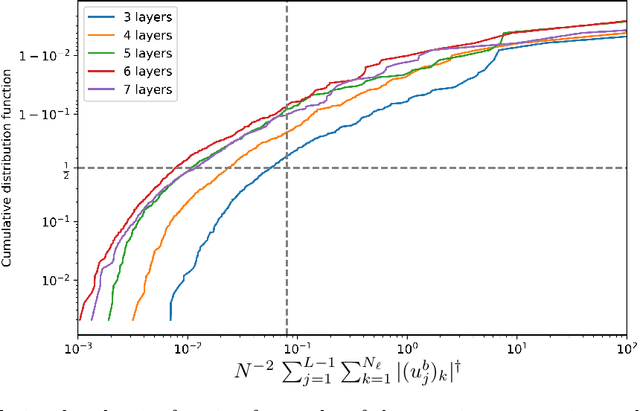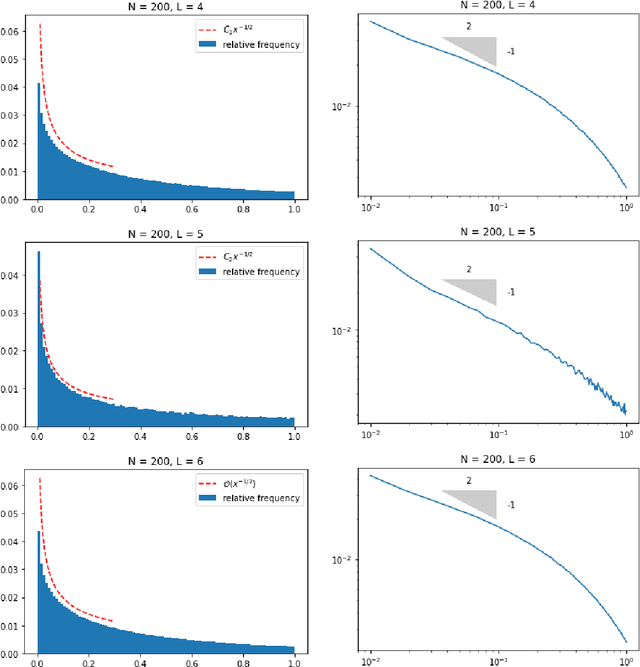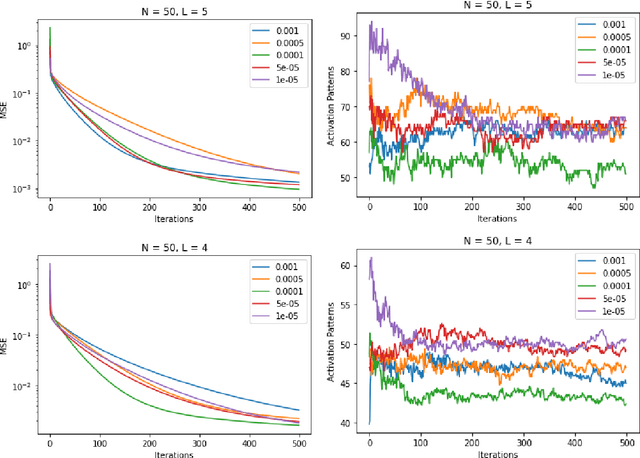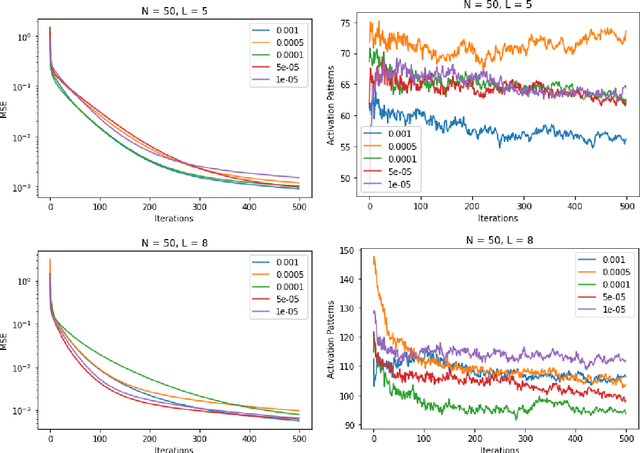Limitations of neural network training due to numerical instability of backpropagation
Paper and Code
Oct 06, 2022



We study the training of deep neural networks by gradient descent where floating-point arithmetic is used to compute the gradients. In this framework and under realistic assumptions, we demonstrate that it is highly unlikely to find ReLU neural networks that maintain, in the course of training with gradient descent, superlinearly many affine pieces with respect to their number of layers. In virtually all approximation theoretical arguments which yield high order polynomial rates of approximation, sequences of ReLU neural networks with exponentially many affine pieces compared to their numbers of layers are used. As a consequence, we conclude that approximating sequences of ReLU neural networks resulting from gradient descent in practice differ substantially from theoretically constructed sequences. The assumptions and the theoretical results are compared to a numerical study, which yields concurring results.
 Add to Chrome
Add to Chrome Add to Firefox
Add to Firefox Add to Edge
Add to Edge